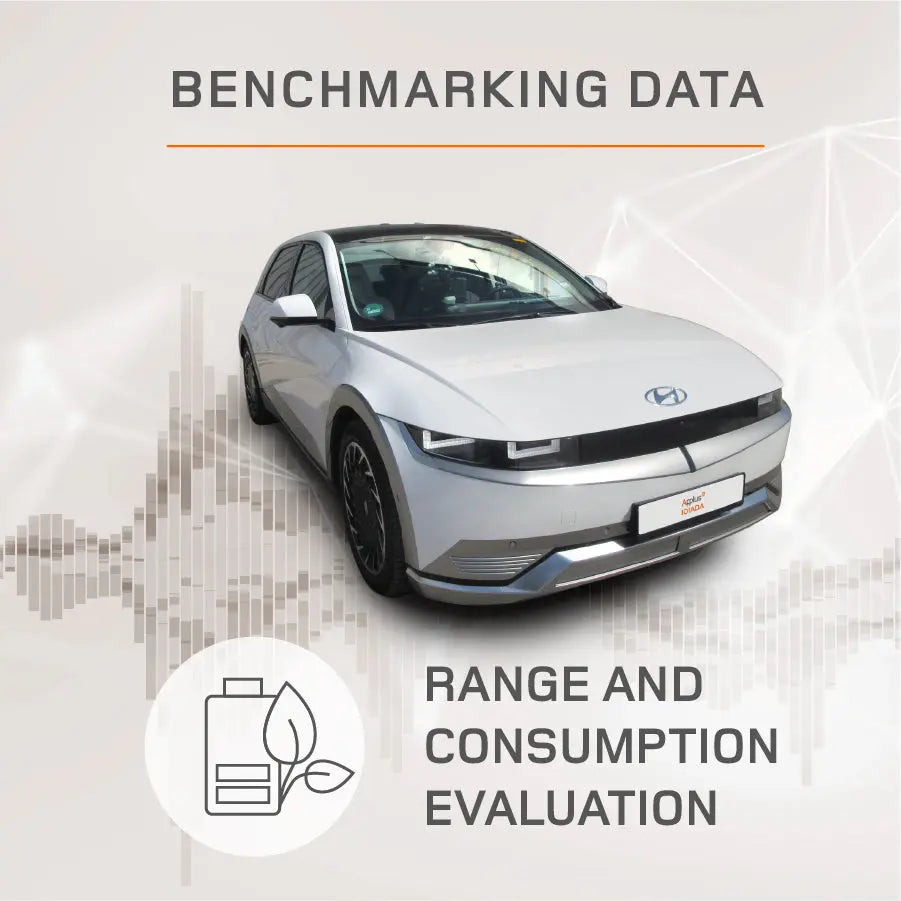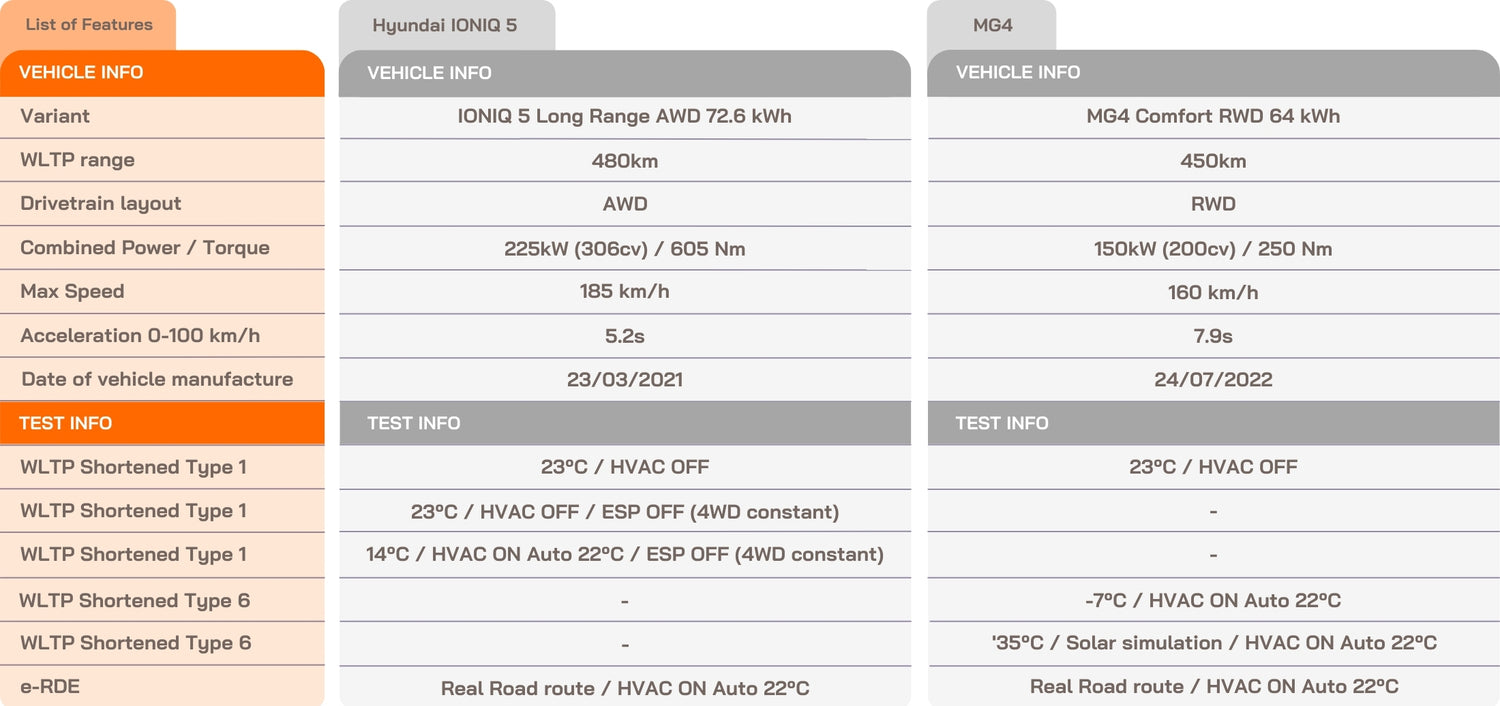


Extensive experience in chassis dynamometer and real-world tests
- State-of-the-art facilities to perform regulatory and non-regulatory driving cycles for energy consumption evaluation under different test conditions.
- Real-world routes fulfilling main regulatory driving conditions, as well as tailored routes created for key points identification.
- Internal test procedures for in-depth evaluation of main vehicle characteristics.


Comprehensive instrumentation for accurate and detailed analysis
- High accuracy external instrumentation on the low and high voltage systems for energy consumption and efficiency chain analysis, all performed at complete vehicle and component level.
- CAN and OBD data gathering capability with in-house developed methodologies and tools.
- All recorded test data synchronized in a single time vector.


Detailed analysis of results obtained under different test conditions
- Full analysis of driving pattern and energy consumption to evaluate the main variations between different test conditions.
- Dedicated activity for determination of real-world energy consumption, and evaluation against regulatory procedures.
- Expertise in defining proper test procedures to determine energy consumption values under different vehicle operating conditions.
- Results cross-checked against the main vehicle characteristics.
-
In-depth vehicle
characterization
-
Comprehensive vehicle
instrumentation
-
Tests in laboratory
and real-world conditions
-
Evaluation of
key results and reporting
Ready to learn more about our product?

Carlos Blanquez
Powertrain Product Manager
What is the Automotive Benchmarking Powertrain Range and Consumption Hyundai Ioniq 5 product?
The Automotive Benchmarking Powertrain Range and Consumption Hyundai Ioniq 5 product is a benchmarking data product offered by Applus IDIADA, which provides detailed information on the Hyundai Ioniq 5 electric vehicle’s powertrain, range, and energy consumption. The product includes analysis of the vehicle's powertrain components, such as battery capacity, and energy consumption under different driving conditions.
How is the range and consumption data for the Hyundai Ioniq 5 gathered and analyzed?
The range and consumption data for the Hyundai Ioniq 5 is gathered through extensive testing and analysis conducted by Applus IDIADA's team of experts. The data is collected using intrusive instrumentation and CAN/OBD signals, advanced testing equipment and software, and is analyzed using sophisticated algorithms and modeling tools to provide accurate and reliable range and consumption data under various driving scenarios.
What benefits does the Automotive Benchmarking Powertrain Range and Consumption Hyundai Ioniq 5 product offer to users?
The Automotive Benchmarking Powertrain Range and Consumption Hyundai Ioniq 5 product offers several benefits to users, including detailed insights into the vehicle's powertrain and energy consumption. The data can be used by researchers and industry professionals to compare the vehicle's range and consumption to other electric vehicles on the market, and to identify areas for improvement and innovation in the industry.




